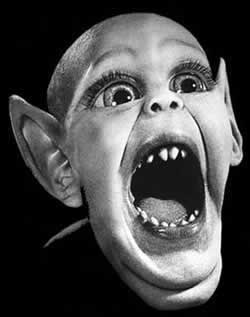 The final issue of the awesome Weekly World News will go on sale on 3rd August 2007.
The final issue of the awesome Weekly World News will go on sale on 3rd August 2007.Batboy is unavailable for comment.
Link

 The final issue of the awesome Weekly World News will go on sale on 3rd August 2007.
The final issue of the awesome Weekly World News will go on sale on 3rd August 2007. The latest piece on Instructables teaches you how to make a Captain America shield out of a barbecue grill.
The latest piece on Instructables teaches you how to make a Captain America shield out of a barbecue grill.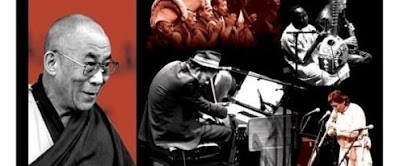 The concert captured on Healing The Divide was organised by Richard Gere's foundation of the same name, and recorded live at the Lincoln Centre in New York. It features performances from Tibet's Gyuto Tantric Choir and India's Anoushka Shankar, as well as genre-bending duets from Tibetan avant-garde musician Nawang Kechong with Native American master R. Carlos Nakai; and maverick composer Philip Glass accompanied by Gambian virtuoso Foday Muso Suso. It also features a four-song set by Tom Waits, backed by Grammy award-winning, California string group, The Kronos Quartet.
The concert captured on Healing The Divide was organised by Richard Gere's foundation of the same name, and recorded live at the Lincoln Centre in New York. It features performances from Tibet's Gyuto Tantric Choir and India's Anoushka Shankar, as well as genre-bending duets from Tibetan avant-garde musician Nawang Kechong with Native American master R. Carlos Nakai; and maverick composer Philip Glass accompanied by Gambian virtuoso Foday Muso Suso. It also features a four-song set by Tom Waits, backed by Grammy award-winning, California string group, The Kronos Quartet.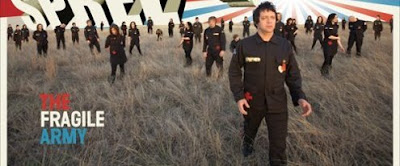 The Polyphonic Spree's 2002 debut coincided with a period of new respect for over-sized band line-ups, from Broken Social Scene through Arcade Fire and Architecture in Helsinki. Since then, the Spree have made two wonderfully euphoric albums and have become an amazing live experience. What they have lacked, though, is any sort of substance.
The Polyphonic Spree's 2002 debut coincided with a period of new respect for over-sized band line-ups, from Broken Social Scene through Arcade Fire and Architecture in Helsinki. Since then, the Spree have made two wonderfully euphoric albums and have become an amazing live experience. What they have lacked, though, is any sort of substance.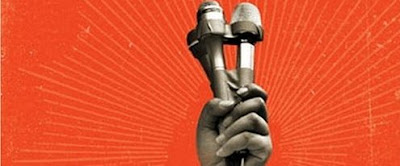 It was always very unfair that Buffalo Tom were given the tag Dinosaur Jr. Jr. when they first began recording. But since their 1989 self-titled debut album arrived just after Dinosaur Jr. redefined indie rock with Bug, it seems somehow appropriate that Buffalo Tom have chosen to release their first album in nine years just months after Dinosaur Jr. returned from a ten-year hiatus.
It was always very unfair that Buffalo Tom were given the tag Dinosaur Jr. Jr. when they first began recording. But since their 1989 self-titled debut album arrived just after Dinosaur Jr. redefined indie rock with Bug, it seems somehow appropriate that Buffalo Tom have chosen to release their first album in nine years just months after Dinosaur Jr. returned from a ten-year hiatus.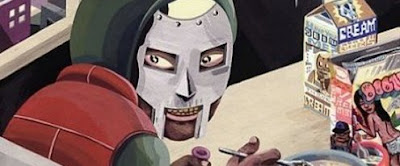 Originally released in 2004 but deleted for the best part of two years, the re-release of Mm... Food is extremely welcome.
Originally released in 2004 but deleted for the best part of two years, the re-release of Mm... Food is extremely welcome.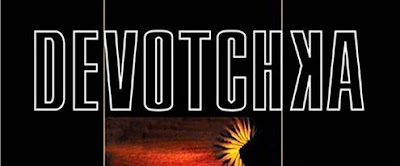 It starts, inauspiciously enough, with a strummed acoustic guitar. What follows on How It Ends is a fantasy of drunken gypsy weddings with noirish, debauched delivery flourished with accordion, sousaphone, theramin, tuba, piano, bouzouki, strings and tenor triangle.
It starts, inauspiciously enough, with a strummed acoustic guitar. What follows on How It Ends is a fantasy of drunken gypsy weddings with noirish, debauched delivery flourished with accordion, sousaphone, theramin, tuba, piano, bouzouki, strings and tenor triangle.